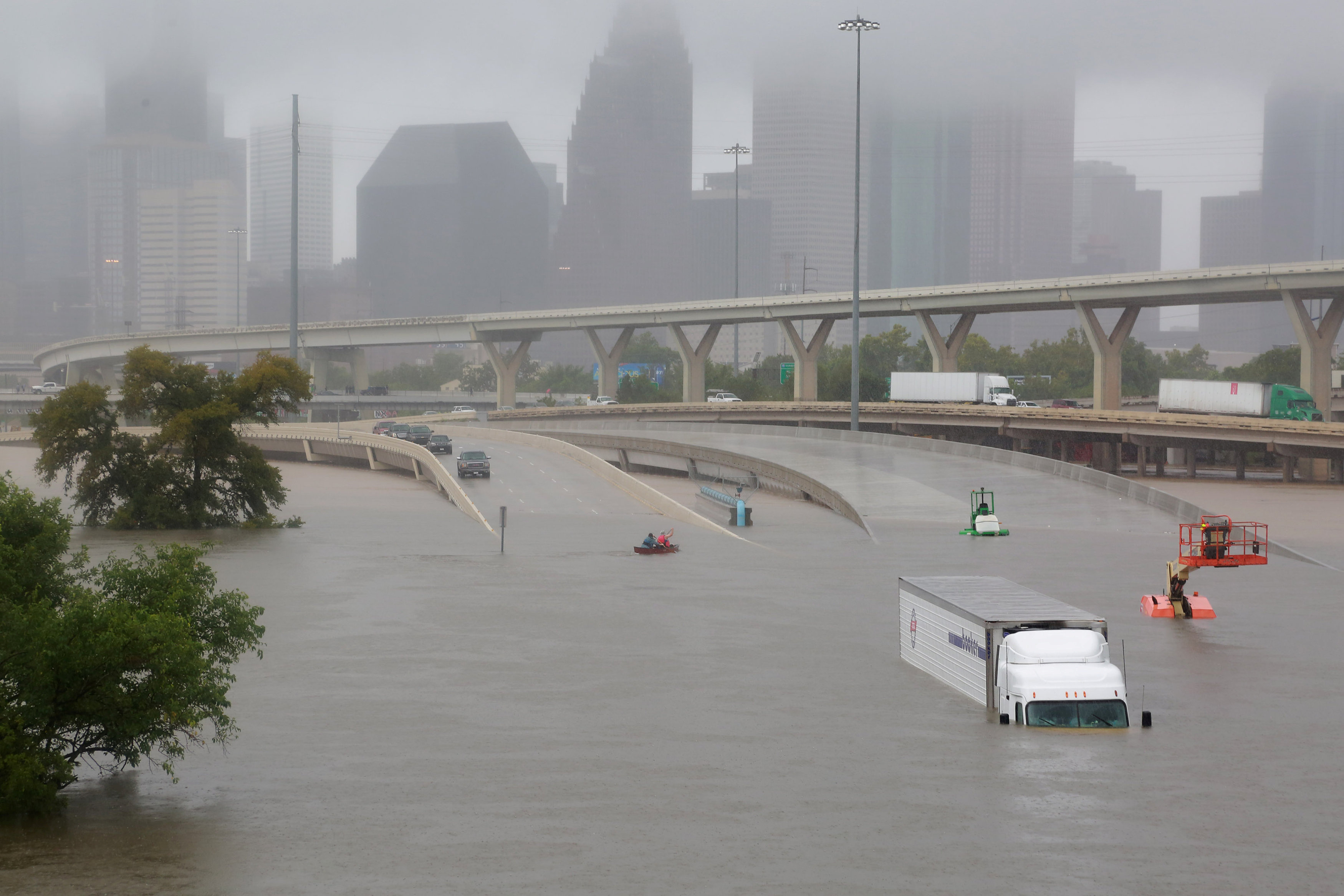
We’re in a support role, and sometimes that’s a little bit challenges for folks to wrap their mind around.
In the next release in the ‘Leader Perspectives’ series, WAR ROOM welcomes Brigadier General James Blankenhorn, U.S. Army retired and former Commander of the Command and Control of Chemical, Biological, Radiological, and Nuclear Response Force Alpha. In this interview, BG Blankenhorn discusses strategic leadership in the context of defense support to civil authorities, using response to a homeland nuclear attack as an example. How well prepared are the Army’s senior leaders to deal in situations where they, as military leaders, have tremendous capability but are not in charge of the response force? What implications may this have on leader development? WAR ROOM Social Media Editor Buck Haberichter moderates.
Podcast: Download
Subscribe: Apple Podcasts | Spotify | Amazon Music | Android | Pandora | iHeartRadio | Blubrry | Podchaser | Podcast Index | TuneIn | Deezer | Youtube Music | RSS | Subscribe to A Better Peace: The War Room Podcast
James Blankenhorn is a retired brigadier general in the U.S. Army and former Commander, Command and Control CBRN Response Element Alpha. Buck Haberichter is WAR ROOM’s Social Media Editor. The views expressed in this presentation are those of the speakers and do not necessarily reflect those of the U.S. Army War College, U.S. Army, or Department of Defense.
Photo: Submerged freeways from the effects of Hurricane Harvey are seen during widespread flooding in Houston Interstate highway 45 is submerged from the effects of Hurricane Harvey seen during widespread flooding in Houston, Texas, U.S. on August 27, 2017.
Photo Credit: REUTERS/Richard Carson
Other Releases in the ‘Leader Perspectives’ Series:
- A CONVERSATION WITH THE HONORABLE MELISSA DALTON OF DEFENSE POLICY
- CAMPAIGNING IN THE PACIFIC: A CONVERSATION WITH GEN FLYNN
- A TRANSATLANTIC PERSPECTIVE ON NATO (LEADER PERSPECTIVES)
- OBSERVATIONS FROM NATO’S NORTHERN FRONT
(LEADER PERSPECTIVES) - ALLIES ARE MORE THAN FRIENDS (LEADER PERSPECTIVES)
- THE CHALLENGES OF KEEPING SPACE SECURE (LEADER PERSPECTIVES)
- TENSIONS AND PARADOXES FACING SENIOR LEADERS (LEADER PERSPECTIVES)
- LEADING AND WINNING IN GREAT POWER COMPETITION (LEADER PERSPECTIVES)
- LEARNING ABOUT LEADERSHIP THROUGH THE CLASSICS (LEADER PERSPECTIVES)
- WHAT IT TAKES FOR COLONELS TO BE SUCCESSFUL (LEADER PERSPECTIVES)





From a domestic standpoint, we have a good plan for preplanned events and even for staged events such as CBRNE. Those items that need further consideration are Foreign Humanitarian Assistance events for which the Army may be requesting to respond. For these events, there may also be 2-3 three weeks of notice or they may be no notice events but the dynamic is the same, we will have military leaders with tremendous capabilities that are not in the lead. The focus now needs to be training the joint team, Corps and COCOMs, on how to respond to these events in the unlikely event that they must respond outside of the United States. While we train our General Officers to lead these formations we must also train their staffs to plan these operations and be ready to provide mainly logistics and lift to non-military organizations for strategic objectives. BG Blankenhorn is also correct about finding a common operating picture and common communication system for the interagency team to include NGOs, IOs and everyone else working together to solve the crisis. This is a very good podcast that can be put to task on multiple problem sets domestically and for Foreign Humanitarian Assistance.
When DoD/Army does train DSCA, it’s through a Title 10 lens, and justly do. Title 32 and State Active Status domestic operations (DOMOPS) fall beneath NORTHCOM/NGB and the 54x states’/territories’ penumbra, respectively, and form the bulk of DOMOPS (e.g. flood/storm/wildfire response) executed by the National Guard (NG).
Doctrinal guidance concerning the planning, preparation, execution and assessment of DOMOPs is scant; neither the Army’s Field Manual 3-0 (Operations) nor the Armed Forces of the United States’ Joint Publication 3-0 (Joint Operations) devote significant attention to the topic.
Therefore, NG DOMOPs planners and operators, expert in their respective Service’s doctrine, must creatively adapt existing planning methodologies and operational constructs, some originally intended for unified land operations and unified action, to DOMOPs.
Federal funding to the NG is intended to support the federal readiness mission (e.g. O/O, providing ready personnel and equipment to FORSCOM as an element of the national military reserve). Nevertheless, DOMOPS are the only military operations the NG executes under the Governor’s authority. Therefore, paradoxically, the operations that expose the NG to the most political risk (emergent DOMOPS) are those which NG leaders are arguably least prepared to conduct. As a result, NG leaders are not institutionally (e.g. OES/NCOES) trained in DOMOPS, and in most states/territories must self-train through trial & error; all politics is local.
Leaders under pressure revert to their last known level of competency: for many Army leaders, this means a bias toward a tactical approach, governed by Western principles of war, leading to final victory over an opponent. A warfighting approach, and the principles that undergird it (e.g. unity of command, efficiency), is not necessarily successful in a complex system governed by political risk.